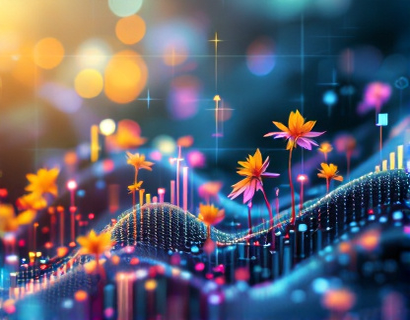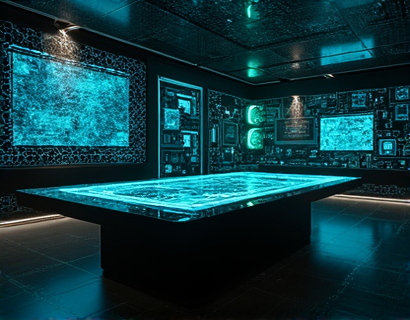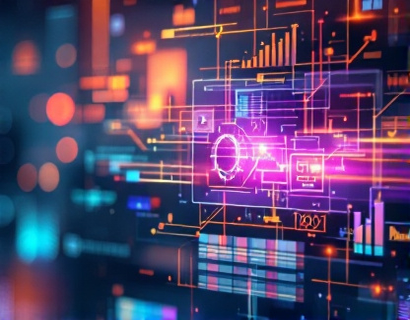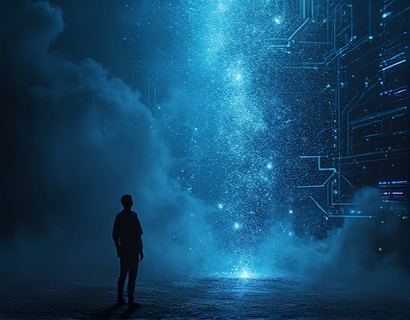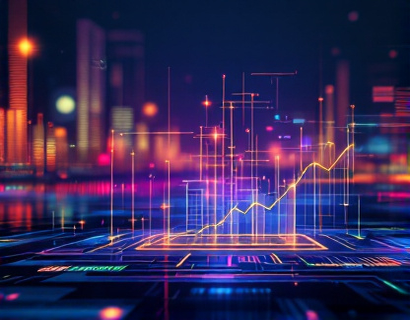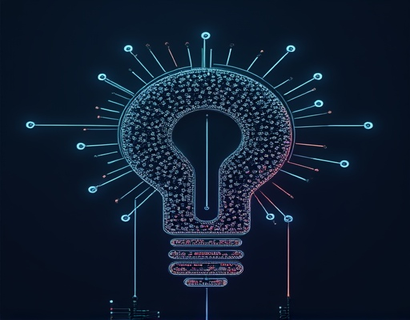AI-Driven Music Composition: Transforming Creativity with Intelligent Software
The integration of artificial intelligence in music composition has marked a significant turning point in the evolution of music creation. This technological advancement has opened new avenues for artists and producers, offering tools that not only streamline the composition and production process but also enhance creativity and sound quality. The advent of AI-driven music composition software has made it possible for both professional artists and emerging creators to unlock their full artistic potential, transforming the way music is made in the digital age.
Evolution of Music Composition Tools
Traditionally, music composition and production were labor-intensive processes requiring extensive knowledge of music theory, composition techniques, and technical skills in recording and editing. The introduction of digital audio workstations (DAWs) revolutionized the industry by providing a more accessible platform for music creation. However, the next leap came with the incorporation of artificial intelligence, which has further simplified and enriched the music-making process.
AI-driven music composition tools leverage machine learning algorithms to analyze vast amounts of musical data, identifying patterns and structures that can inform and inspire new compositions. These tools can generate melodies, harmonies, and even entire tracks based on the input provided by the user, effectively serving as a collaborative partner in the creative process.
Key Features of AI Music Composition Software
One of the most compelling aspects of AI music composition software is its ability to offer intuitive and user-friendly features. These tools are designed to be accessible to users with varying levels of musical expertise, from beginners to seasoned professionals. Here are some key features that define these innovative software solutions:
- Intelligent Composition Assistance: AI algorithms analyze the user's input and preferences to generate musical ideas that align with their artistic vision. This can include suggesting chord progressions, melodies, and even entire song structures.
- Real-Time Collaboration: Many AI music tools allow multiple users to collaborate in real-time, regardless of their physical location. This feature is particularly beneficial for remote teams and global projects.
- Sound Quality Enhancement: AI algorithms can optimize sound quality by applying advanced audio processing techniques, such as noise reduction, equalization, and mastering, to ensure that the final product sounds polished and professional.
- Customizable Templates: Users can choose from a variety of pre-set templates that cater to different genres and styles, providing a solid foundation for their compositions. These templates can be easily modified to suit personal preferences.
- Interactive Learning: Some AI music tools come with built-in learning modules that help users improve their musical skills through interactive exercises and tutorials.
Enhancing Creativity with AI
The primary goal of AI-driven music composition software is to enhance creativity rather than replace the human touch. By automating repetitive tasks and providing innovative suggestions, these tools free up artists to focus on the aspects of music creation that require human intuition and emotional depth. Here’s how AI can specifically enhance the creative process:
Firstly, AI can serve as a brainstorming partner, generating a multitude of ideas that the artist can explore and refine. This can break through creative blocks and inspire new directions in a composition. Secondly, AI algorithms can analyze the emotional and structural elements of music, offering insights that can deepen the artistic expression. For instance, AI can suggest variations in tempo, dynamics, and timbre to evoke specific emotions or enhance the overall mood of a piece.
Moreover, AI can assist in experimentation by quickly testing different musical scenarios. This rapid prototyping capability allows artists to explore a wider range of possibilities in a shorter amount of time, accelerating the creative process. The ability to iterate and refine ideas with ease can lead to more innovative and unique compositions.
Streamlining the Production Workflow
AI-driven music composition software not only enhances creativity but also significantly streamlines the production workflow. Here are some ways in which these tools improve efficiency:
First, AI can automate routine tasks such as tracking, editing, and mixing. For example, AI algorithms can automatically align multiple audio tracks, remove unwanted noise, and apply consistent mixing settings across different sections of a song. This reduces the time and effort required for these tasks, allowing artists to focus on more creative aspects of production.
Second, AI can provide real-time feedback and suggestions to improve the quality of the recording. For instance, AI-powered plugins can analyze the performance and offer corrections for pitch, timing, and intonation. This ensures that the final recording is as precise and professional as possible.
Third, AI-driven mastering tools can optimize the overall sound of a track, ensuring it sounds great on various playback systems. These tools use advanced algorithms to balance levels, enhance clarity, and improve the overall dynamic range, resulting in a high-quality final product.
Benefits for Professional Artists and Emerging Creators
The benefits of AI-driven music composition software extend to both established professionals and newcomers to the music industry. For professional artists, these tools can serve as a powerful asset in their creative toolkit, offering new ways to explore and expand their artistic boundaries. AI can help them stay ahead of the curve by providing innovative solutions to common challenges and opening up new possibilities for collaboration and experimentation.
For emerging creators, AI music composition software is a game-changer. It lowers the barrier to entry by providing accessible tools that require minimal technical expertise. Beginners can quickly learn to create high-quality music without needing years of formal training. The intuitive interfaces and guided tutorials make it easy for newcomers to get started and build their skills over time.
Additionally, AI-driven tools can help emerging artists save time and resources, allowing them to focus on developing their unique style and voice. The ability to quickly generate and refine musical ideas can accelerate the learning process and help new artists produce more music in less time, building their portfolio and gaining more experience.
Future of Music Creation
The integration of AI in music composition is just the beginning, and the future holds even more exciting possibilities. As AI technology continues to advance, we can expect even more sophisticated tools that further blur the line between human creativity and machine intelligence. Here are some potential developments on the horizon:
First, AI may become even more adept at understanding and replicating the styles of different artists and eras, allowing for more accurate and nuanced genre emulations. This could lead to the creation of hybrid genres and new musical forms that blend elements from various traditions.
Second, the rise of virtual and augmented reality in music creation could be significantly enhanced by AI. Immersive music experiences that respond to the listener's environment or emotions could become more prevalent, offering a new dimension to how music is consumed and experienced.
Third, AI could play a more central role in the live performance aspect of music, with AI-driven systems enhancing the capabilities of musicians on stage. For example, AI could generate real-time accompaniments or interact with performers in dynamic ways, creating a more interactive and engaging live experience.
Conclusion
The integration of AI in music composition represents a profound shift in the way music is created, offering unprecedented opportunities for artists and producers. By streamlining the composition and production process, enhancing creativity, and improving sound quality, AI-driven software empowers musicians to realize their artistic vision with greater ease and efficiency. Whether you are a seasoned professional or just starting your musical journey, these innovative tools are here to unlock your full potential and take your music to new heights.





